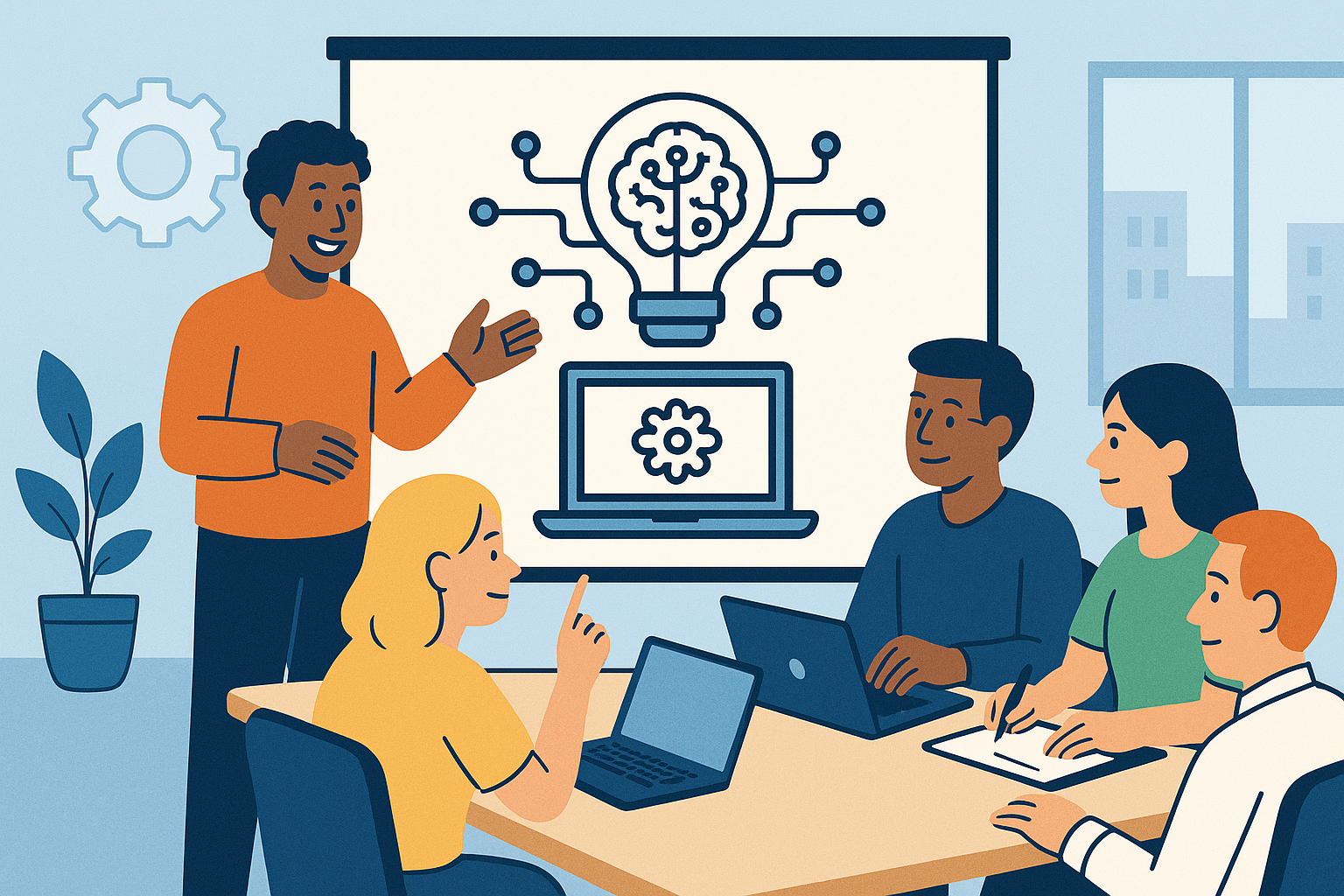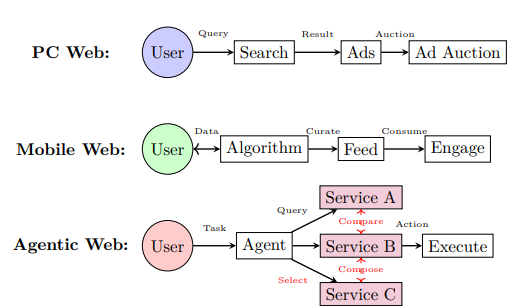
Privacy Policy

AI Investment and Sovereignty: Rethinking What Counts
The future of British sovereignty in AI will not be decided by where our servers sit. It will be decided by who builds, controls, and profits from them. The investment decisions that determine this are being made now.

How an AI workshop can unlock adoption across your office
How to run your own AI workshop. Pre-workshop: don't assume anything

Beyond the Billable Hour: How AI and Client Demands Are Reshaping Professional Services
For decades, legal, consulting and accounting firms billed by the hour. Labour time was linked directly to revenue. The approach worked when time was the main input and when work moved at human speed. In 2025, AI is beginning to change and weaken the link between worker-hours and output.


